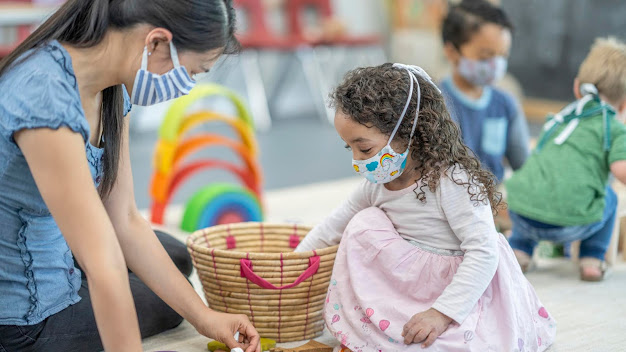Professional Goals, Hopes, Dreams, and Challenges

The need for high-quality early childhood education has never been greater. Increasingly, children are growing up in families where all available parents are working. In addition, research continues to affirm the short and long-term benefits for children who participate in high-quality early learning programs. The key to a high-quality program happens inside the classroom or family child care home, namely the interactions between the teacher and child. In a high-quality program, teachers engage children with learning strategies tailored to the child’s age and use an appropriate curriculum to structure the learning experience. A variety of supports are needed to facilitate these interactions so that high-quality teaching and learning can occur. As such, the quality of an early childhood program is dependent on many important factors. One such factor is a Program support structure. The discussion among staff members and colleagues has centered around this (administration support), w...


